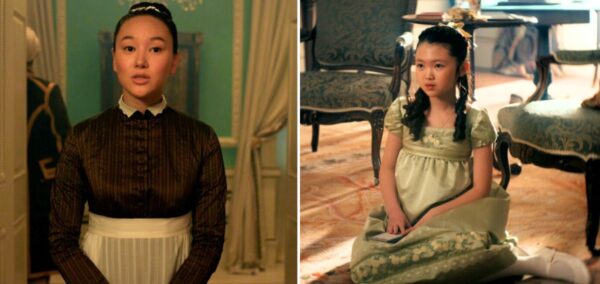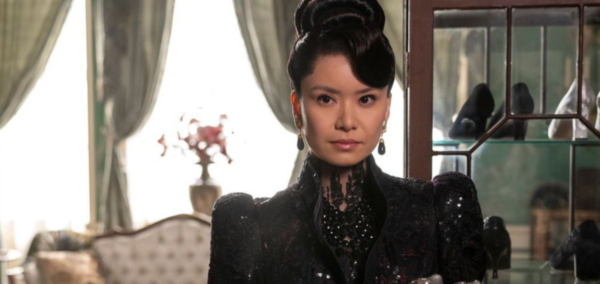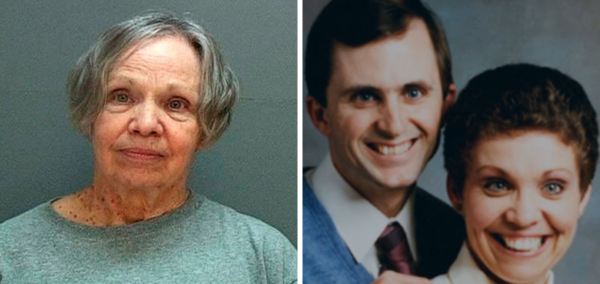
‘Nice guys expect love’: Psychiatrist exposes why Tim’s ‘nice guy’ mantra is so toxic on MAFS Aus
“Nice guys always finish last’ for a reason, Tim
Tim Gromie quickly unseated Eliot as the most disliked groom on MAFS Australia after he snubbed sweet angel Katie and affirmed over and over that he’s a “nice guy.”
The nice guy trope is nothing new and we’ve heard it time and time again on reality TV dating shows, from Dave on Love Is Blind to countless former Love Islanders. Still, Tim really hammered home his point in episode two of MAFS Australia, claiming “nice guys always finish last” as literally no one bought what he was selling.
Tim is the reason we don’t believe men when they tell us they’re “one of the nice guys” #MAFSAU
— Jaylindos (@Jaylindos) March 5, 2025
“Tim self-proclaimed ‘nice guy’ is actually the worst human who’s ever been on the show,” one person wrote on Twitter.
Another said: “As soon as Tim described himself as a nice guy WE SHOULDVE KNOWNNN #MAFSAustralia.”
To better understand why being a nice guy is so problematic, I spoke to the psychiatrist and chief medical officer at Indiana Center for Recovery, Dr Michael Kane – here’s what he said.
‘Nice guys’ feel entitled to love

Speaking to The Tab, Dr Michael Kane explained that the “nice guy” label often comes with “passive aggression, towering feelings of entitlement,” and an expectation of male societal roles.
“The men being discussed in the phrase ‘nice guy’ form social constructs that are ‘considerate’ to women and seem to be very supportive but wish and expect to be reciprocated back in a certain way, more often in romantic relationships,” he told us. “This attitude can be drawn from the fact that the so-called ‘nice guys’ expect love or some level of attention to be lavished on them purely on the grounds of their acts being labelled as ‘nice’.”
Most Read
The word nice is so ambiguous that the “deceptively simple word” allows some men to use it as a way to mask their more obviously concerning behaviour.
Explaining how “passive aggression” can stem from the nice guy trope, the psychiatrist continued: “Take a nice gentleman as an example. This kindly fellow can go to any extent to help others, but when he does not receive positive feedback, initiate romance, or succumb to another preconceived angle waiting just behind their smiles, he turns resentful.
“Along with the disguise of politeness such nice people wrap themselves with comes a shovel cut of frustration to one side – anger. The friendliness extends only so far as deemed comfortable. Demand even a glimpse beyond that and the genial chap waiting on the end of the rope will cut you.
The nice guy trope is part of a wider issue
Oh my God Tim stfu with the nice guy comment. No nice guy would ever describe himself as such. You're a prick. #MAFSAU #MAFSAUS pic.twitter.com/xXJ8O2RnNh
— c l a i r e 👑 (@clairellen_xo) March 4, 2025
Of course, feelings of being a disgruntled “nice guy” who can’t find love are part of the wider theme of toxic masculinity prevalent throughout every inch of society.
“Commonly, men are viewed as having to “earn” love or care through action and devoid of vulnerability or emotion. This structures kindness as a type of niceness that is inauthentic, motivated by societal scripts rather than personal values rooted in sincerity and character,” Dr Michael Kane added. “The archetype captures the shortcomings of these norms as they shift the dialogue towards emotional maturity, consent, genuine relationship versus heuristic interactions, and the relational foundation of kindness.”
And this, ladies and gentlemen, is why you should run for the hills if a prospective love interest claims they are a “nice guy” who just wants affection. They very well might be a nice guy on the outside, but it’s probably hiding a mountain of mess like MAFS Australia’s Tim.
Featured image credit: Nine
For all the latest MAFS news, scandals, gossip and updates – like The Holy Church of MAFS on Facebook.



















